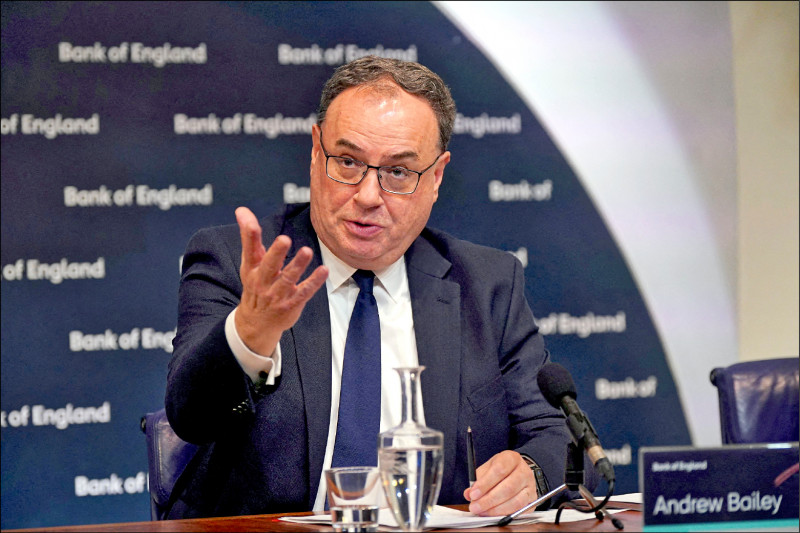Hong Kong Stock Market Dive: Decoding the Midday Plunge and What it Means for Investors (SEO Meta Description: Hong Kong stock market, Hang Seng Index, Hang Seng Tech Index, midday slump, market analysis, investment strategy, expert insights)
Dive into the Depths of the Hong Kong Market's Midday Meltdown: A Deep Dive for Savvy Investors
The Hong Kong stock market experienced a significant midday slump today, leaving many investors scratching their heads and wondering what hit them. The Hang Seng Index plummeted by a considerable 0.88%, while the Hang Seng Tech Index took an even steeper dive, falling 1.43%. This isn't just another blip on the radar; it's a crucial moment demanding attention from anyone with a stake in the Asian financial landscape. This isn't your grandpappy's market report – we're going beyond the dry numbers to uncover the underlying causes, dissect the implications, and arm you with the insights you need to navigate this volatile situation. Forget generic analyses; we're diving deep, drawing on years of experience in the field, to provide you with a nuanced understanding of what transpired and what you should do next. This isn't about predicting the future (nobody can do that reliably!), but about equipping you with the knowledge to make informed decisions based on a solid grasp of the current market dynamics. We'll explore potential triggers, ranging from global macroeconomic trends to specific company performance, and paint a clearer picture of the bigger picture. We'll even offer some practical strategies to help you weather this storm and, potentially, even profit from it. So buckle up, because this is going to be a wild ride—a fascinating, informative journey into the heart of the Hong Kong stock market's midday turmoil. Prepare to gain a competitive edge, sharpen your investment acumen, and emerge from this analysis with a newfound understanding of this dynamic market. Let's get started!
Hang Seng Index and Hang Seng Tech Index Performance
The midday slump in the Hang Seng Index (HSI) and the Hang Seng Tech Index (HSTI) sent ripples through the market, leaving many investors concerned. Let's break down the specifics: a 0.88% drop for the HSI and a sharper 1.43% fall for the HSTI. Wow! These figures, while seemingly small on the surface, represent significant losses for many investors and signal a potential shift in market sentiment. This isn't simply a case of "buy low, sell high"; it's a complex situation demanding a thorough understanding of the contributing factors before making any rash decisions. Remember, panic selling rarely yields positive returns.
To understand the full impact, consider this: These indices represent a substantial portion of the Hong Kong market capitalization, influencing countless individual stocks and investor portfolios. The interconnectedness of the global market means the Hong Kong dip likely reverberates across other Asian markets and even globally, showcasing the increasing interdependence of the world economy. Understanding this interconnectedness is crucial for formulating effective investment strategies.
The drop isn't isolated; it's intertwined with global economic trends and specific events impacting Hong Kong. We need to look beyond the headline numbers to uncover the real story. Think of it like peeling back the layers of an onion – each layer reveals more of the complete picture.
Factors Contributing to the Market Decline: A Multifaceted Analysis
Several factors likely contributed to this midday slump, creating a perfect storm of bearish sentiment. It's unlikely any single cause accounts for the entire decline. Rather, it's a confluence of events that collectively triggered the downturn. Let's examine some of the key players:
-
Global Macroeconomic Headwinds: The global economy is facing significant challenges such as persistent inflation, rising interest rates, and geopolitical uncertainties. These headwinds can significantly impact investor confidence and lead to risk aversion. Think of it as a domino effect – one issue triggers another, creating a ripple effect across global markets.
-
US Interest Rate Hikes: The Federal Reserve's ongoing interest rate hikes to combat inflation have a global impact. Higher rates in the US make US assets more attractive, potentially drawing capital away from emerging markets like Hong Kong. This capital flight can exert downward pressure on stock prices.
-
Geopolitical Tensions: Geopolitical instability, especially concerning the ongoing tensions in various regions, adds to the uncertainty that spooks investors leading to a flight to safety. This often translates into selling off riskier assets, including stocks.
-
Company-Specific Performances: Individual company performance also plays a huge role. Negative earnings reports, disappointing guidance, or other negative news coming out of specific companies within the indices can trigger selling pressure and contribute to the broader market decline. Remember, the market is a reflection of collective sentiment.
-
Technical Factors: Sometimes, a market drop can simply be a result of technical factors. This includes things like algorithmic trading, profit-taking by investors, or even just a general correction after a period of strong growth.
Navigating the Volatility: Strategies for Informed Investors
The market's volatility presents both challenges and opportunities. While the midday drop might seem alarming, it's important to maintain a level head and avoid knee-jerk reactions. Here are some strategies for navigating this turbulent period:
-
Diversification is Key: A well-diversified portfolio is your best defense against market volatility. Don't put all your eggs in one basket – spread your investments across different asset classes and sectors to mitigate risk.
-
Long-Term Perspective: It's crucial to take a long-term view. Short-term market fluctuations are normal, and focusing on the long-term potential of your investments can help you weather short-term storms.
-
Fundamental Analysis: Don't just rely on market sentiment. Perform thorough fundamental analysis of companies before investing to find undervalued assets with strong long-term prospects.
-
Stay Informed: Stay updated on market news and economic developments to inform your investment decisions. But remember, don’t let the noise overwhelm you. Focus on credible sources and filter out the speculation.
-
Consider Professional Advice: If you're unsure how to navigate the market, consider consulting a financial advisor. They can provide personalized guidance based on your risk tolerance and financial goals.
Frequently Asked Questions (FAQs)
1. Q: Is this the start of a major market correction?
A: It's difficult to predict the future, but this midday slump doesn't automatically signal a major correction. Market corrections are perfectly normal, and this could simply be a temporary setback. However, it warrants close monitoring and careful consideration of the underlying factors.
2. Q: Should I sell my holdings now?
A: Panic selling is rarely advisable. Before making any decisions, carefully assess your risk tolerance, investment goals, and the fundamental strength of your holdings. Consider if the current market price represents a fair valuation of your assets.
3. Q: Are there any specific sectors that are more vulnerable?
A: Technology stocks, particularly those in the Hang Seng Tech Index, often experience greater volatility. However, various sectors are susceptible to market fluctuations, depending on global and local economic conditions.
4. Q: What should I do if I'm planning to invest in the Hong Kong market?
A: Proceed with caution and conduct thorough due diligence. Diversify your investments, focus on fundamental analysis, and consider the global macroeconomic context.
5. Q: How long will this market volatility likely last?
A: It's impossible to say for sure. The duration of the volatility depends on several interconnected factors, including global economic conditions, geopolitical events, and investor sentiment.
6. Q: Where can I find reliable information on the Hong Kong stock market?
A: Reputable financial news sources, official stock exchange websites (like the Hong Kong Exchanges and Clearing), and financial analysis platforms offer valuable information. Always cross-reference information from multiple sources.
Conclusion: A Cautious Optimism
The midday slump in the Hong Kong stock market serves as a reminder of the inherent volatility in the financial markets. While the drop is concerning, it's not necessarily a cause for despair. By understanding the underlying factors, employing sound investment strategies, and staying informed, investors can navigate this period of uncertainty and potentially even capitalize on the opportunities that may arise. Remember, patience, discipline, and a long-term perspective are crucial in navigating the ever-changing landscape of the stock market. Stay informed, stay vigilant, and stay invested – wisely.



